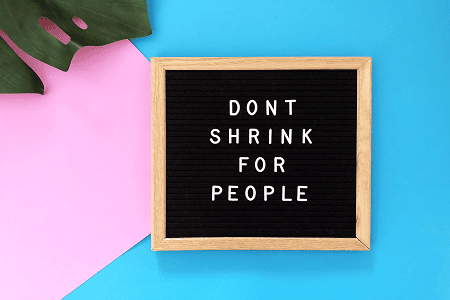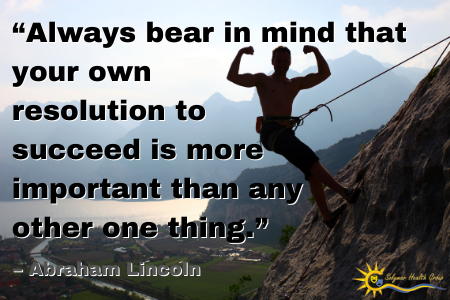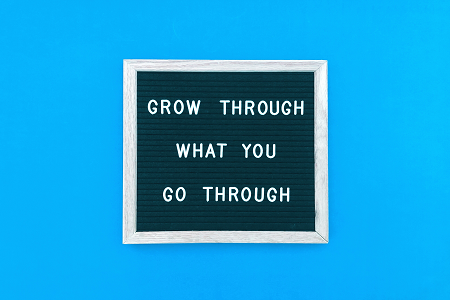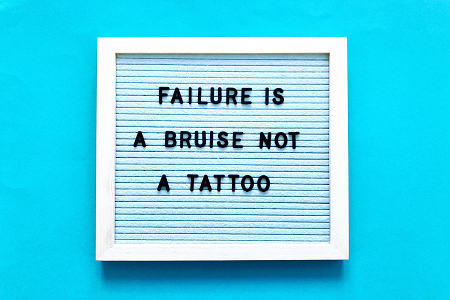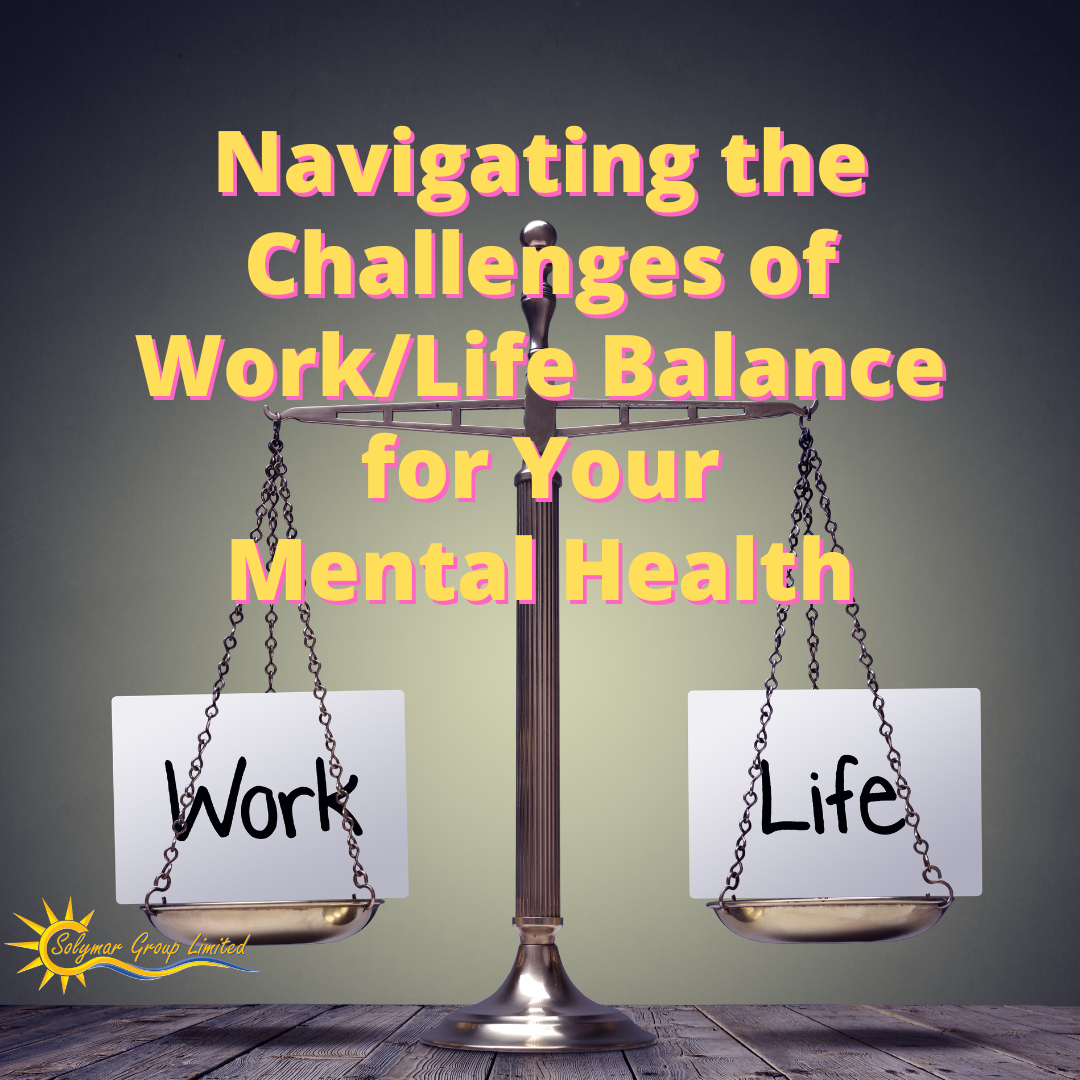 Maintaining a work/life balance is essential for our mental health and overall well-being. However, achieving this balance can be challenging, especially with the demands of modern life. This article will provide insights into the negative effects of poor work/life balance, identifying signs of imbalance, strategies for achieving balance, and navigating work/life balance challenges. The article will also examine the role of employers in promoting work/life balance.
Maintaining a work/life balance is essential for our mental health and overall well-being. However, achieving this balance can be challenging, especially with the demands of modern life. This article will provide insights into the negative effects of poor work/life balance, identifying signs of imbalance, strategies for achieving balance, and navigating work/life balance challenges. The article will also examine the role of employers in promoting work/life balance.
The Negative Effects of Poor Work/Life Balance
Poor work/life balance can have significant negative impacts on our mental and physical health. It can lead to chronic stress, anxiety, depression, burnout, and reduced productivity. When we don't take enough time for ourselves and our loved ones, it can create feelings of isolation, loneliness, and disconnection from our social support network. Additionally, poor work/life balance can negatively affect our physical health by increasing our risk of obesity, heart disease, and other chronic conditions.
One of the most significant challenges of poor work/life balance is the spill-over effect, where the stress and frustrations from work can affect our personal lives and vice versa. For example, when we bring work home with us, it can interfere with our ability to relax and recharge. Similarly, personal issues, such as relationship problems or financial stress, can interfere with our ability to focus and perform well at work.
Identifying the Signs of Poor Work/Life Balance
It's essential to identify the signs of poor work/life balance to take proactive steps to address them. Common signs of poor work/life balance include:
- Constantly feeling overwhelmed or stressed.
- Difficulty sleeping or staying asleep.
- Reduced interest or motivation in activities that used to be enjoyable.
- Difficulty concentrating or making decisions.
- Increased physical symptoms, such as headaches or stomachaches.
- Neglecting personal relationships or self-care activities.
- Feeling exhausted or burned out.
It's essential to recognize these signs and take steps to address them to prevent further negative consequences.
Strategies for Achieving Work/Life Balance
There's no one-size-fits-all approach to achieving work/life balance, as everyone's situation is unique. However, here are some tips that can help create a work/life balance plan that works for each individual:
- Set clear boundaries: Create clear boundaries between work and personal time. This can mean setting specific times to check emails or disconnecting from work altogether after a specific time.
- Prioritize self-care: Make time for activities that promote mental and physical health, such as exercise, meditation, or spending time with loved ones.
- Practice time management: Manage time effectively by setting realistic goals, prioritizing tasks, and creating a schedule that includes both work and personal activities.
- Learn to say no: It's okay to say no to things that don't align with your priorities or goals.
- Take breaks: Take regular breaks throughout the day to rest, recharge, and refocus.
- Disconnect: When not working, disconnect from technology to help recharge and avoid burnout.
- Seek support: Reach out to loved ones or professionals for support when needed.
Navigating Work/Life Balance Challenges
Achieving work/life balance is not always easy, and there may be challenges that can make it difficult to maintain balance. Some common challenges include:
- Long work hours or demanding workloads.
- Family or personal obligations that require significant time and attention.
- Difficulty setting boundaries with work or personal commitments.
- Feeling guilty for taking time for oneself or prioritizing personal needs.
- Fear of negative consequences, such as losing a job or damaging personal relationships.
To overcome these challenges, it's essential to stay committed to the work/life balance plan and be flexible when needed. For example, if work demands increase, it may be necessary to adjust personal commitments temporarily to maintain balance. It's also important to communicate with others about the need for work/life balance and set expectations accordingly.
Additionally, it's crucial to recognize that achieving work/life balance is a process and not a one-time event. It may take time to find the right balance, and there may be setbacks along the way. However, staying committed and persevering through challenges can lead to a more balanced and fulfilling life.
The Role of Employers in Work/Life Balance
Employers play a vital role in promoting work/life balance for their employees. When employees have a better work/life balance, they tend to be more productive, motivated, and engaged in their work. Here are some examples of employer policies and initiatives that support work/life balance:
- Flexible work arrangements: Offering flexible work hours or the option to work from home can help employees balance work and personal obligations.
- Paid time off: Providing paid time off for vacation, sick days, or personal days can help employees take time off when needed to prevent burnout.
- Mental health support: Providing resources and support for employees' mental health, such as counselling or employee assistance programs, can help employees manage stress and other mental health challenges.
- Wellness programs: Offering wellness programs, such as gym memberships or wellness challenges, can encourage employees to prioritize their physical and mental health.
- Training and development: Providing training and development opportunities can help employees improve their skills and increase their job satisfaction, leading to better work/life balance.
Conclusion
Achieving a work/life balance is essential for our mental health and overall well-being. Poor work/life balance can lead to chronic stress, burnout, and other physical and mental health issues. It's crucial to recognize the signs of poor work/life balance and take proactive steps to address them. Strategies for achieving work/life balance include setting clear boundaries, prioritizing self-care, practising time management, learning to say no, taking breaks, and seeking support when needed.
Navigating work/life balance challenges requires staying committed to the work/life balance plan and being flexible when needed. Employers can play a vital role in promoting work/life balance by offering flexible work arrangements, paid time off, mental health support, wellness programs, and training and development opportunities.
In conclusion, achieving a work/life balance may require effort and time, but it is achievable and essential for our mental health and overall well-being. By prioritizing work/life balance and seeking support when needed, we can lead a more fulfilling and balanced life.
Hashtags: #worklifebalance #mentalhealth #selfcare #stressmanagement #timemanagement #wellness #productivity #burnout #flexibility

